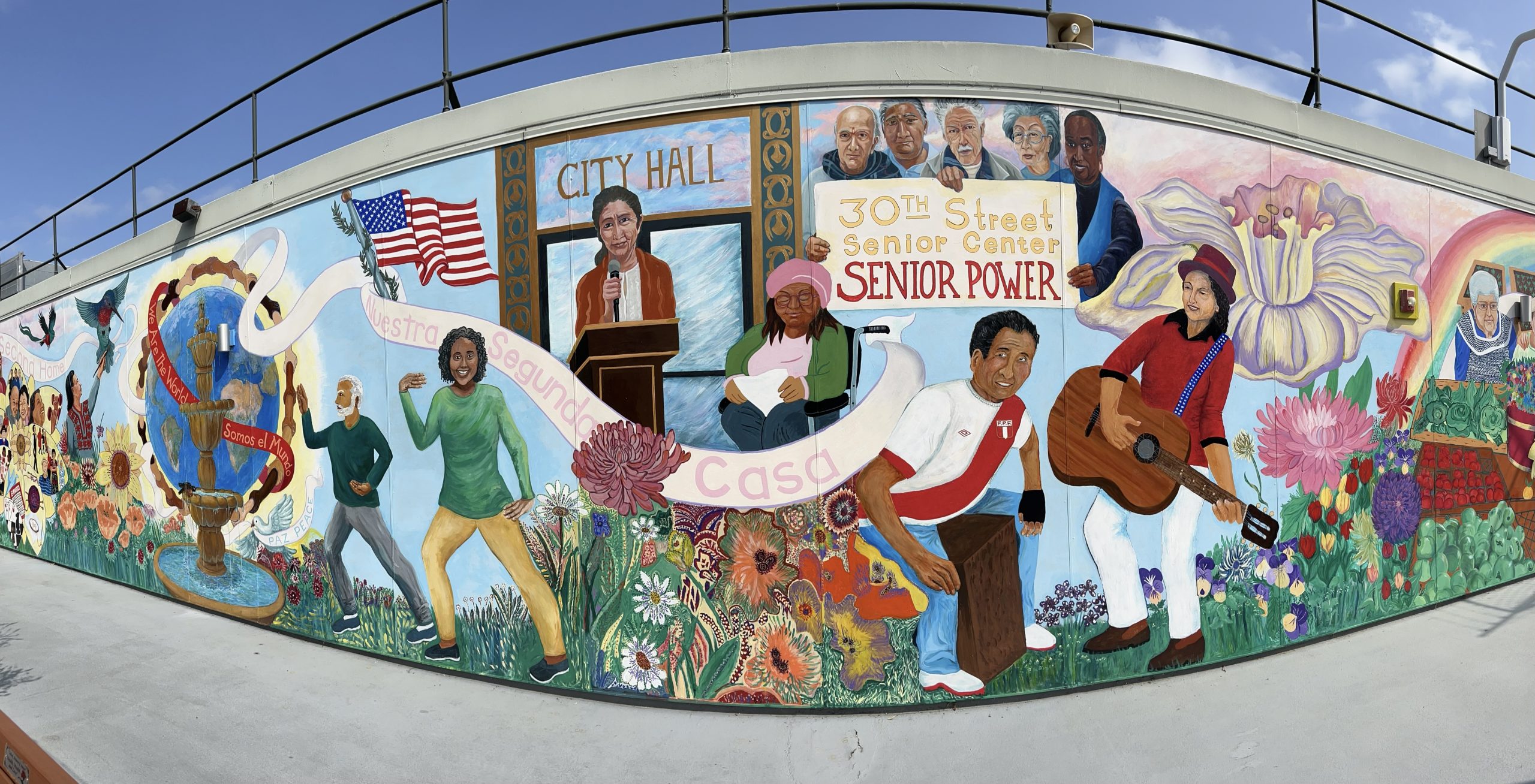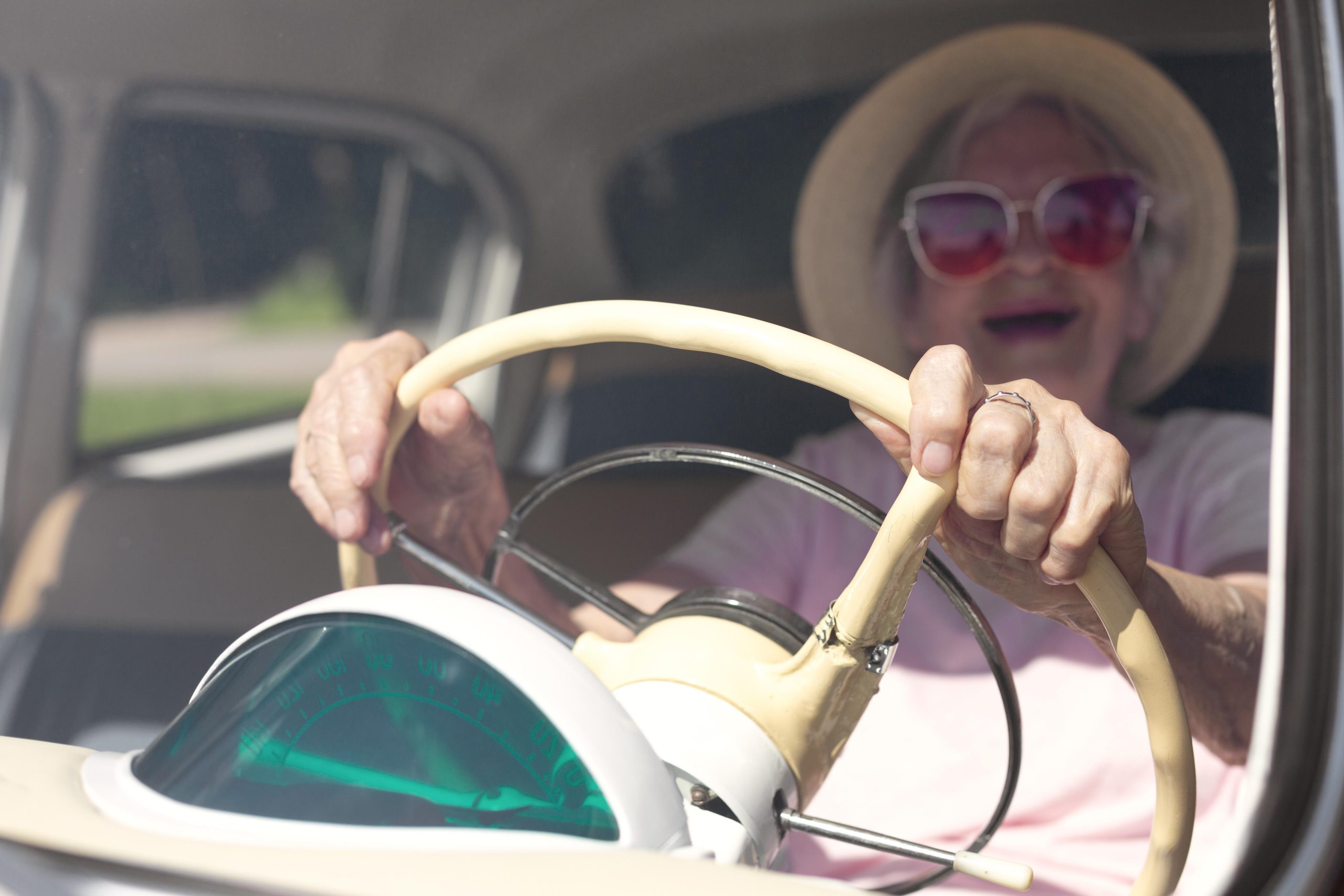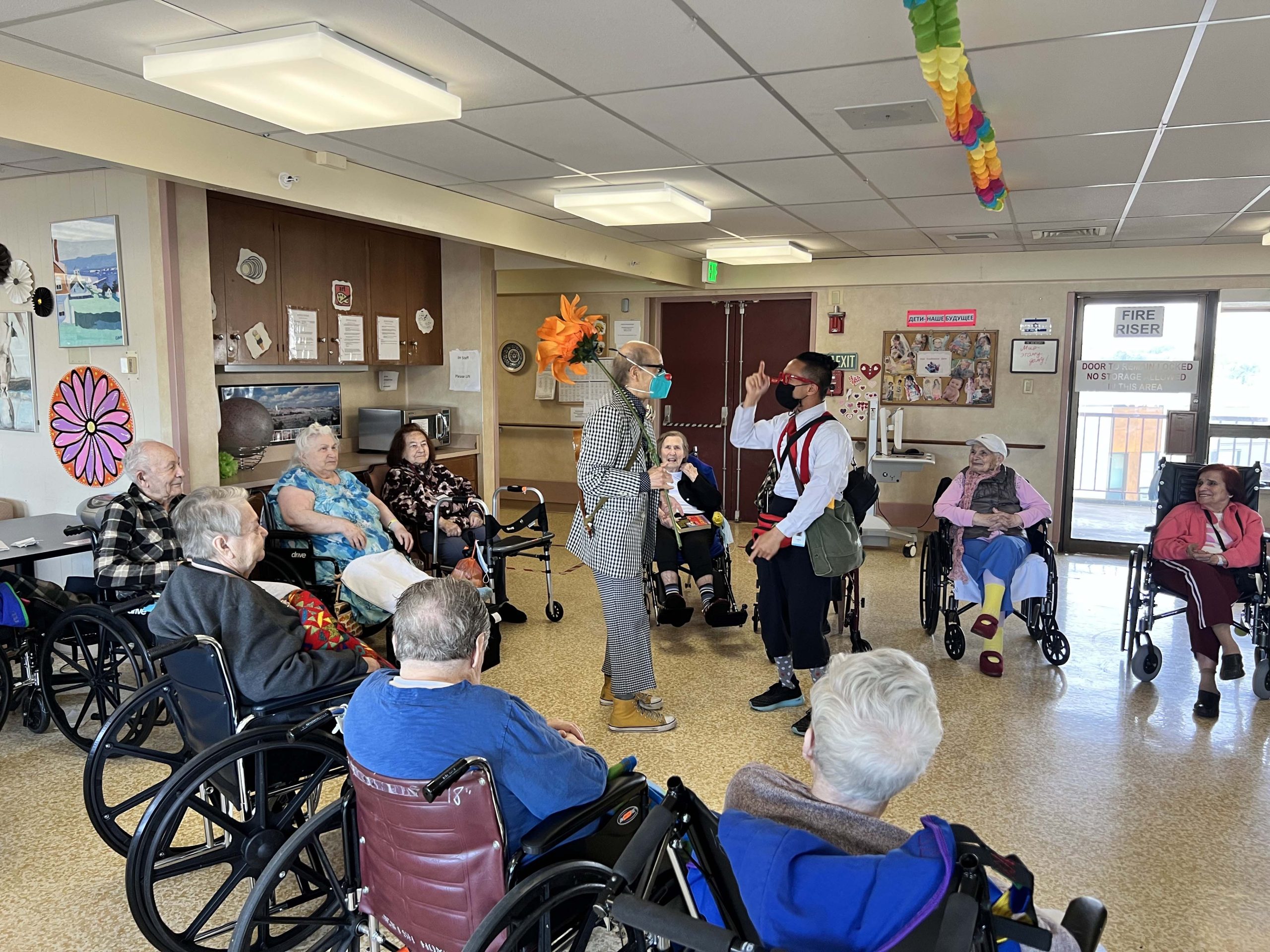Negative views of being older can be hazardous to your health; coalition aims to ‘reframe’ aging
 With the development of the assembly line and his Model T car, Henry Ford revolutionized transportation. His motto was, “Whether you think you can or whether you think you can’t, you’re right.”
With the development of the assembly line and his Model T car, Henry Ford revolutionized transportation. His motto was, “Whether you think you can or whether you think you can’t, you’re right.”
Psychologists agree that actions are a direct result of a person’s beliefs and thoughts. The mental picture of oneself is of the utmost significance in determining success and life choices. American culture, unfortunately, perpetuates a discouraging image.
Americans see aging largely through a negative lens. Older people are seen as the “other,” separate from the general society. They are thought to be in a state of constant decline, experiencing loss of control and dependency.
Through a glass darkly
One conversation gaining momentum the field of aging is how to remedy this one-sided view, in part because of the growing elder population. Each day in the United States, 10,000 people turn 65, and that’s expected to continue for the next 15 years, said JoAnn Jenkins, CEO of the American Association of Retired Persons. And they’re expected to live another 30 years.
Another impetus is the barrier it puts in the path of progress. A society exposed to a constant stream of messaging that depicts aging as all about decline will have difficulty implementing productive policies and practices for its senior population, according to research by the Frameworks Institute, part of a coalition of eight national aging-focused organizations working to create a better understanding of aging and its implications for our communities.
Negative views can affect individual behavior, said gerontologist Donna Fedus, co-owner of Borrow My Glasses, a nonprofit education company focused on aging and caregiving. She cited an Ohio study that recorded older adults’ reactions to subliminal messages on a video. “When the messages were negative, discernible changes in behavior were noted,” she said. “Handwriting was shakier, participants walked away from the experiment more slowly.”
It’s all about attitude
The Ohio longitudinal study demonstrated that if you have a positive attitude about aging you’ll take better care of yourself, Fedus said. “If you tell yourself, you’re old, you’re going to feel old, and act accordingly.”
Borrow my Glasses, FrameWorks and AARP presented their findings at the recent American Society of Aging Conference in San Francisco. Their goal is to “re-frame” the way we view aging, to bring more balance into the picture.
The hope is that a more positive outlook will lead to more successful life journeys, benefiting society as a whole, said Julie Sweetland, a sociolinguist and vice-president for strategy and innovation at FrameWorks.
Ageism, as FrameWorks defines it, is a prejudice against aging that assumes older people are less competent compared with the rest of the population. It’s a view they believe is harmful not just to seniors but society as a whole. And it’s one that’s reinforced through a plethora of media messages.
Media molds the message
Off-repeated television commercials push medicine for aging ailments, such as osteoporosis and memory loss. Anti-aging procedures and products target women, and increasingly men: creams and serums, hair dye, hair transplants, wrinkle removers, cosmetic surgery.
Not all societies have a negative view of older adults and aging. The Okinawan people in the Japanese Ryukyu Islands value and support their elders. Researchers reported them as the longest living people on the planet, documenting healthy diets and a combination of the best of Eastern and Western healthcare.
Significantly though, they discovered a people with a positive perspective on aging offering their elders tremendous support. If someone wants to work until 100, they are helped by the community, according to The Okinawan Program, a 25-year study. The population also had the lowest frequency of heart disease, cancer and stroke.
Act your age
Getting Americans to embrace aging – as the Okinawans do – rather than battle it, is the goal of the “re-framers.” An ancient Okinawan proverb is perhaps a good start: “At seventy you are but a child, at eighty you are merely a youth, and at ninety if the ancestors invite you into heaven, ask them to wait until you are one hundred … and then you might consider it.”
Jenkins offered some ways to embrace aging:
- It you’re 65, say, “Sixty-five is the new 65!”
- Age in the best way that suits you rather than with outdated stereotypes or societal expectations as to what you should or shouldn’t do.
- Think of aging as the Age of Possibilities.
Borrow My Glasses and AARP Connecticut created a video and card game with tools to shake up the conversation in community, business and educational settings. They hope to roll it out to AARP nationwide by the end of the year. A few of the questions from the card game:
- What can you do now to create more opportunity in your future?
- When is a time you did not “act your age?”
- What family tradition do you cherish most and hope to pass on to future generations?
By adopting a more welcoming attitude toward aging, we can really see how aging brings new opportunities for growth, contribution and self-expression, said AARP’s Jenkins. Even while experiencing some of the natural changes in vision, hearing, mobility, and muscle strength associated with aging, with the right social supports, older adults can remain healthy and maintain high levels of independence and functioning.
Contact Jan at jrobbins-seniorbeat@sfcommunityliving.org





